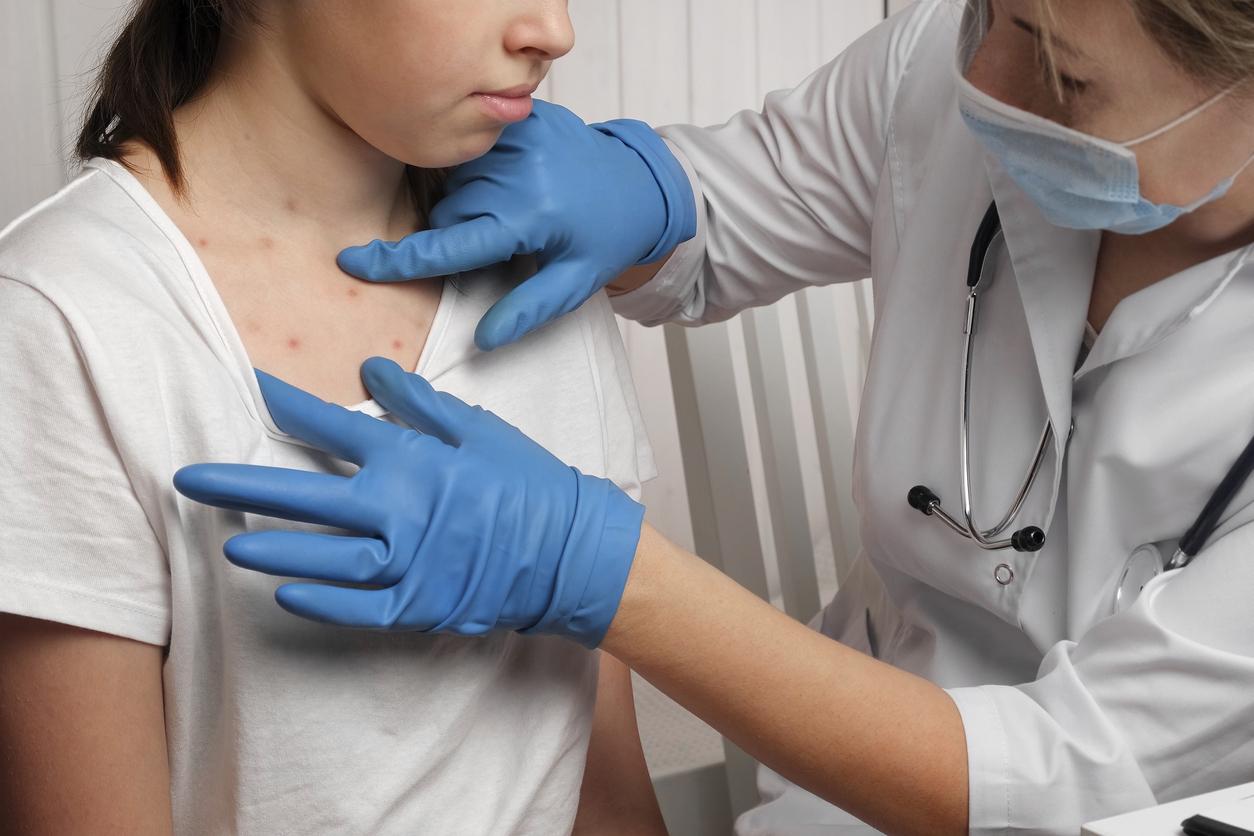A new treatment has shown promising results in improving cognitive functions in people affected by trisomy 21. For now, this treatment has been tested in seven men aged 20 to 50 with the condition.

- With age, nearly 77% of patients affected by trisomy 21 have signs associated with those of Alzheimer’s disease.
- Trisomy 21 affects approximately one in 400 pregnancies according to the Haute Autorité de Santé.
In a study published in the journal Scienceresearchers from the National Institute for Health and Medical Research (Inserm) have developed a new therapy based on “GnRH”, a hormone secreted naturally by the body except in carriers of trisomy 21.
According to the researchers, this new treatment improves cognitive abilities in patients with trisomy 21, a condition caused by the presence of an extra chromosome 21. This work was carried out within the “Lille Neuroscience and Cognition” laboratory and at the Lausanne University Hospital.
First results in mice
This research started thanks to previous discoveries by the Inserm Lille team. The scientists had highlighted a dysfunction of GnRH neurons, called gonadotropin, in mice with trisomy 21. An alteration in the secretion of GnRH causes Kallmann syndrome which is characterized by olfactory and cognitive disorders as well as a infertility. After administration of treatment with GnRH, the researchers observed an improvement in cognitive and olfactory functions in rodents after two weeks.
Following these initial findings, the study authors recruited seven patients between the ages of 20 and 50 with trisomy 21 to assess the effectiveness of the treatment in humans. The hormone was injected subcutaneously using a pump implanted in the arm. A dose of GnRH was given every two hours for six months.
A well tolerated treatment
Tests and magnetic resonance imaging (MRI) performed before and after treatment revealed better performance of cognitive functions in six of the seven volunteers. However, no improvement was seen for olfactory abilities. “The treatment was well tolerated. No adverse effects were observed”said Professor Nelly Pitteloud, head of the Vaudois University Hospital Center (ChuV) in Lausanne, during a press conference on August 31.
In the fall, more important work will begin with some sixty men and women with trisomy 21 and/or Alzheimer’s disease.

















